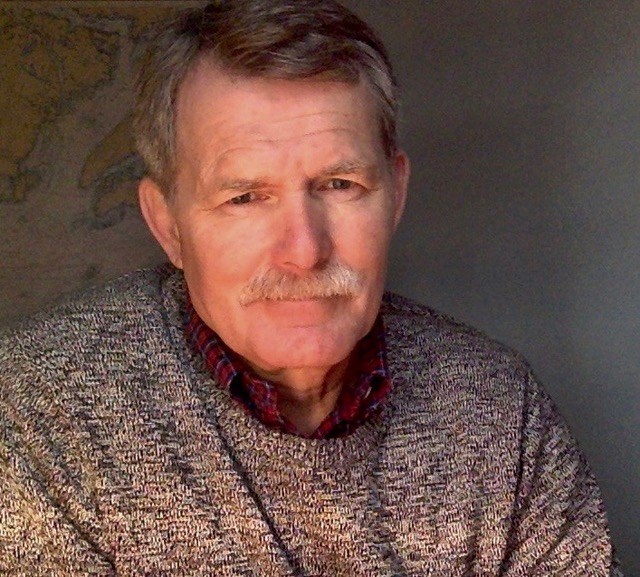In 1982, Brian Thomas-Peter joined a high-security forensic psychiatry service and worked primarily with young personality-disordered offenders whilst studying for a PhD. Understanding and working with those with damaged and difficult backgrounds became his life’s work.
He trained others to do this complex work, too, in Australia and the U.K., and was in demand to provide expert psychological evidence in major criminal trials in the UK and advice to Parole Boards and Inquiries.
While teaching doctoral students at the University of Birmingham, Thomas-Peter started an academic exercise aimed at ensuring his students would know how to identify, assess and manage personality disorders. The project got so big, he figured he would need to get creative in order to ensure anyone bothered to read it.
The result is his first work of fiction: The Last Truth.
Peters-Thomas says that this work challenged him in many ways.
“As a clinician I’ve done a lot of writing but, of course, this is a very different style of writing,” he says. “The thing that was really problematic is that in my previous work, I had a suit of armour on that helped me to deal with very difficult and horrifying material. Writing this, there were times I just had to stop because I was engaging with it in a different way. Also, I have not enjoyed reading this work during the editing process.”
Peters-Thomas says that as this work came about as a teaching tool, it is his hope that members of the public will come away with a strong understanding of psychological disorders as well.
“I want people to know that none of us is very far away from people suffering from various disorders. I also hope to clarify the belief that mental illness is equated with violence and want people to understand that in order to help people who are suffering to live safely in our society, we must radically change the kind of services we offer to them.”



